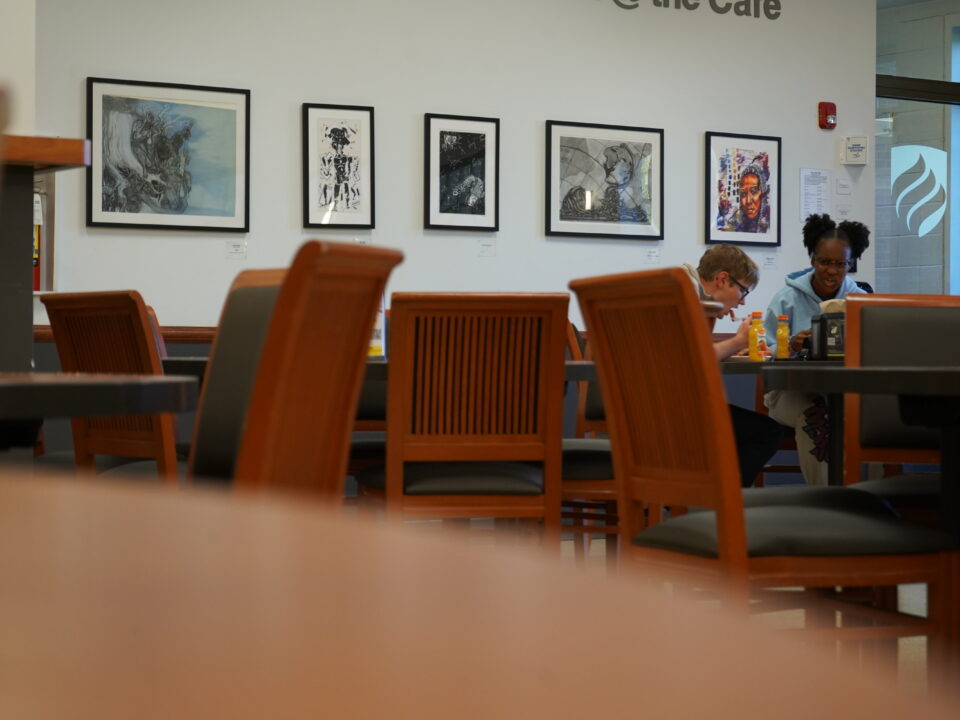Eco-Travel Isn’t Just a Trend—It’s the Future of Sustainable Tourism

Everyone may not care about Eco-Travel, but there are factors at play, such as environmental damage, cultural erosion, economic strain, and infrastructure overload, especially when it’s not managed sustainably.
The first time Annie Combs saw a sea turtle glide through the water, “its ancient eyes locking onto mine as it swam effortlessly beneath the waves,” triggered something within her. A love of traveling. Combs is the Co-Founder and CEO of Eco-Conscious, People-Centered Travel.
Tourism is currently heading in the direction of what is becoming known as regenerative tourism. A change will begin to happen, and this is due to the younger generation’s influence to push the industry toward more responsible and transparent practices.
During an interview with Combs, when asked about a long-term solution with the rise of ‘ecotourism’ and restoring natural environments, she said, “I do see it as a long-term solution! It provides economic incentive for natural resource and cultural preservation and unfortunately that is the only long-term solution style that usually works.”
As human beings, we want to travel, but what is important is fostering resilient communities and ecosystems through increased consumer demand for the environment. Economically sustainable tourism is a key factor to keep in mind when traveling.
Ekaterina Gvelesiani’s response to seeing the Trevi Fountain for the first time was thinking about how annoyed the locals must be with all the crowds.
Gvelesiani is the founder of ecohotel Paliani and chairperson of a non-profit organization/ partnership for the sustainable development of the region. Her entire job is centered around getting the government to fund, as well as to contribute to, sustainable development and environmental protection by sharing and mobilizing resources.
“Responsible tourism means caring about the destination, about local people, about the environment. Staying at local guest houses instead of chain hotels, choosing to visit popular destinations during the off-season, showing respect for local culture and traditions,” Gvelesiani stated, listing some less commonly talked about ways to be more eco-friendly when traveling.
According to The World Counts, tourism contributes to more than 5% of global greenhouse gas emissions. This may not seem like a lot, but transportation is the main source — taking up 90% of the sector’s emissions.
In Gvelesiani’s free time, she works as a travel agent, working with private families on ways they can enjoy their vacation while still participating in ecotourism.
“Social media can educate and inspire responsible travel, but it can also fuel over-tourism,” said Gvelesiani. “Influencers should prioritize ethical storytelling, highlight lesser-known places, and promote sustainable experiences instead of just aesthetic content.” The tourism industry has a sole focus on authentic, community-led experiences, not current tourism trends.
Combs said, “The best thing you can do is spend your dollars with a responsible operator- the rise in demand for responsible tourism over time will pressure other companies to act with more consideration for sustainability and social responsibility.”
It is also important to be in full communication with an eco-friendly travel team. Ensure that their mission statement is clear and they are transparent with their sustainability commitment(s). Someone does not need to book through a travel agency at all if that is out of their budget. What can be done on your behalf is research on how to most effectively act out sustainable traveling during the trip.
“Ecotourism has great potential when done right, but it’s not a one-size-fits-all solution. Without proper regulation, it can become another form of greenwashing. For it to be sustainable long-term, it must be community-led, fairly distributed, and environmentally responsible,” Gvelesiani stated.
Although it can come off as intimidating when it comes to having to plan a vacation, let alone incorporating environmentally safe practices. It is possible, though, and it doesn’t need to cost much either.


